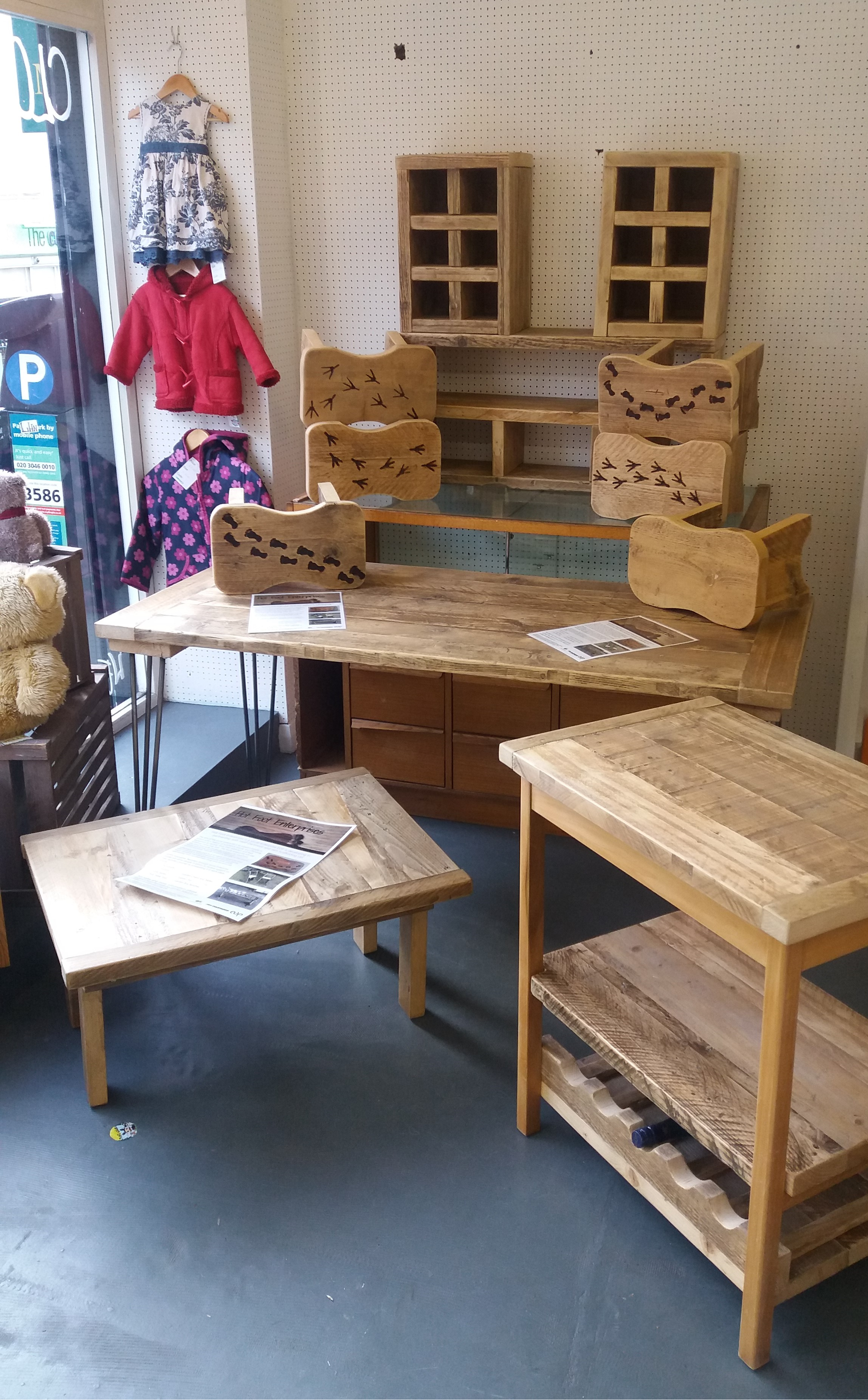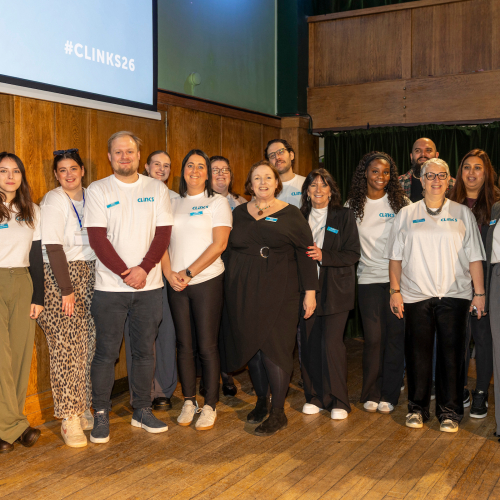This is a guest blog from Charlotte Burrows, Director of Innovation and Growth at EDP Drug & Alcohol Services. Charlotte looks at how EDP have developed a ‘socially enterprising prison’ model to support prisoners’ recovery.
My first experience within a prison was interviewing women prison officers for my undergraduate dissertation. It was not an environment I imagined would be enterprising; I was glad to be proven wrong. The untapped and tapped enterprising capability within prison is quite inspiring.
Ten years later and I am in the fortunate position of working for EDP Drug & Alcohol Services, a social enterprise which supports people to improve their health, wellbeing and employability, specifically those affected by substance misuse, mental health issues, and offending behaviour. EDP currently works across Devon and Dorset (including the prisons) to deliver integrated substance misuse services. Alongside contracted services EDP has been investing and working in these communities to support a model of recovery through social enterprise.
What does being socially enterprising in prison mean? What is a socially enterprising prison?
For us, socially enterprising environments are ones which support people to unlock their potential and make positive social changes. Where could this be more important than in a prison? This is why EDP are investing in and creating these environments in prisons.
We started off delivering social enterprise workshops and an accredited social enterprise qualification in prisons. Prisoners wanted to address social issues that they felt passionate about. Giving back, and learning new skills whilst going through difficult periods of their lives, was important to those who were involved. The practical nature of our social enterprise activity meant that prisoners could build on their existing skills and previous hobbies as well as utilise new skills learnt in prison.
Enterprising activity was varied; from making small products for sale to designing marketing material for EDP. All proceeds from products went to a charity of the prisoners’ choice. Through their qualification, the prisoners became social entrepreneurs, creating their marketing plan and producing detailed outlines of their forecasted sales and pricing structure.
One participant commented “I thought making money through social enterprise can only do good. It gave us all the chance to express creativity and express a passion for important causes. Making products is enjoyable, and the marketing aspect of the course can be used beyond the course.”
What are the key challenges?
Prison regimes are not always conducive to ‘just-in-time’ production (due to periods of lock down, and a lack of access to prisoners means there is a need to learn how to manage sales demands within the context of a prison regime). One of the ways we overcome this is a focus on larger orders from our business customers.
The physical environment of the prison can be a challenge when trying to develop a work space fit for production. We have overcome this by investing in the spaces we are using and focusing on the products we can produce, rather than those we can’t.
Developing a social enterprise always involves balancing the commercial and social objectives. The main challenge (or opportunity!) of working in prison is balancing it all within the regime.
Developing new enterprises
In one prison we’re using a social enterprise model to support people in prison with a history of substance misuse and offending behaviour to recover from their addiction and lead fulfilling crime free lives. Hot Foot Enterprises engages prisoners’ available time and hidden skills and shows them how to transform waste wood into high quality, environmentally friendly furniture, creating space for them to address the barriers they face and move forward in their recovery.
Participants design and make a wide range of furniture; from chairs and benches, tables of all different sizes and our signature foot stools. All of the profits from the sale of the products go back into the running of the activity.
Alongside learning how to make the furniture we continue to offer access to qualifications and workshops which open up the idea of starting their own socially enterprising activity on release.
Participants’ feedback has been overwhelmingly positive:
“I will take forward all of it. I’m going to start my own business doing this when released… I’ve improved on everything we have done during the course as I have never done anything like this before”
“I will take forward practical work methods, ideas for products and motivation to create my own business or social enterprise”
This is not to say that everyone we work with is on a mission to set up their own social enterprise or business—although I think there is certainly huge scope to be doing a lot more in prison to facilitate this. At a minimum those working in prisons should be providing meaningful and more practical ways of enabling individuals to use their skills and time for social purposes though so often funding, systems, and culture prevent us. Now more than ever with changes afoot (no pun intended) it is time to develop that socially enterprising culture.
Tips from inside
- Be patient, persistent and passionate
- Develop your working relations within all areas of prison life (you never know who can help)
- Understand your business model and what this means when working in a prison.
At EDP we see the power of social enterprise—we see how developing a socially enterprising culture is harnessing people’s entrepreneurial spirit, developing their business skills and tackling social problems. So what are you waiting for? Be inspired… get involved… make it happen.
For more technical advice on setting up or learning about social enterprise
http://www.socialenterprise.org.uk/
Where to find out more about EDP recovery though social enterprise
http://www.edp.org.uk/recovery-through-social-enterprise/
Charlotte will shortly be leaving EDP so for further information please contact Rod Burnett, Social Enterprise Development Officer on RodBurnett@edp.org.uk
What's new
Blogs
GUEST BLOG: #Clinks26 - Understanding the Impact of Lived Experience at My First Clinks Conference
Publications
Latest on X
The role is for a leader from an organisation focused on racially minoritised people, with expertise in service delivery, policy, advocacy, or related areas in criminal justice. Racial disparities are present at every CJS stage. This role ensures these voices are central in shaping policy to help address and eradicate them. Apply by Mon 18 Nov, 10am. More info: https://www.clinks.org/voluntary-community-sector/vacancies/15566 #CriminalJustice #RR3 #RacialEquity


